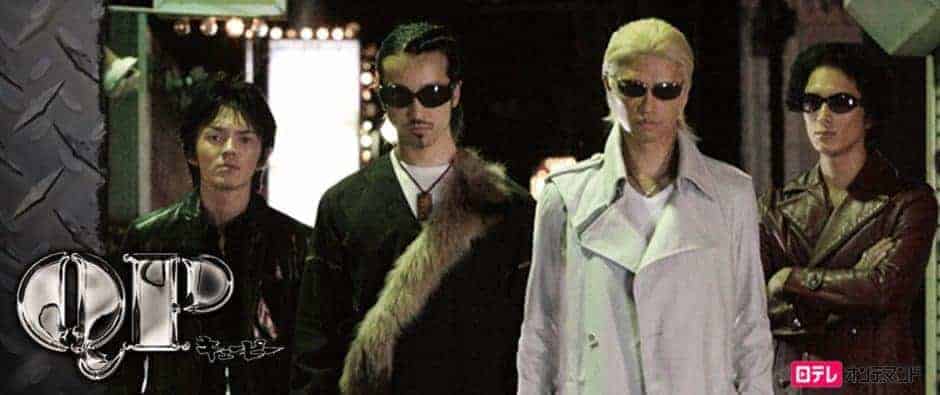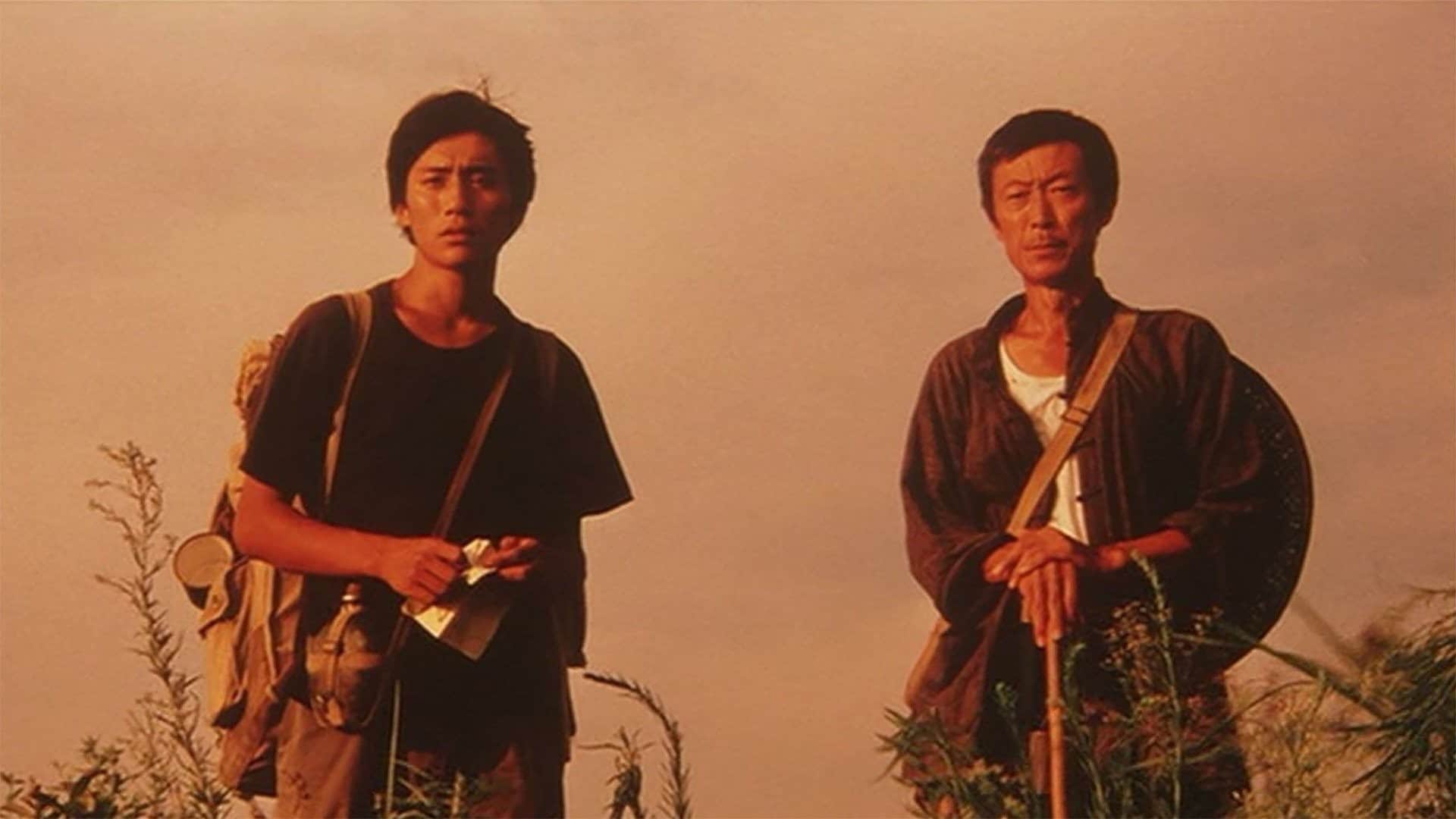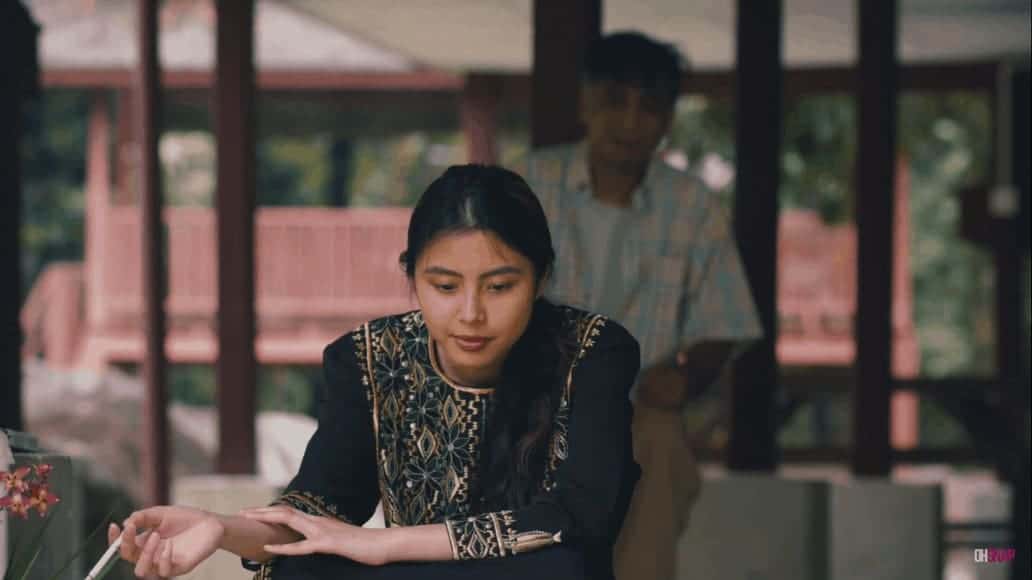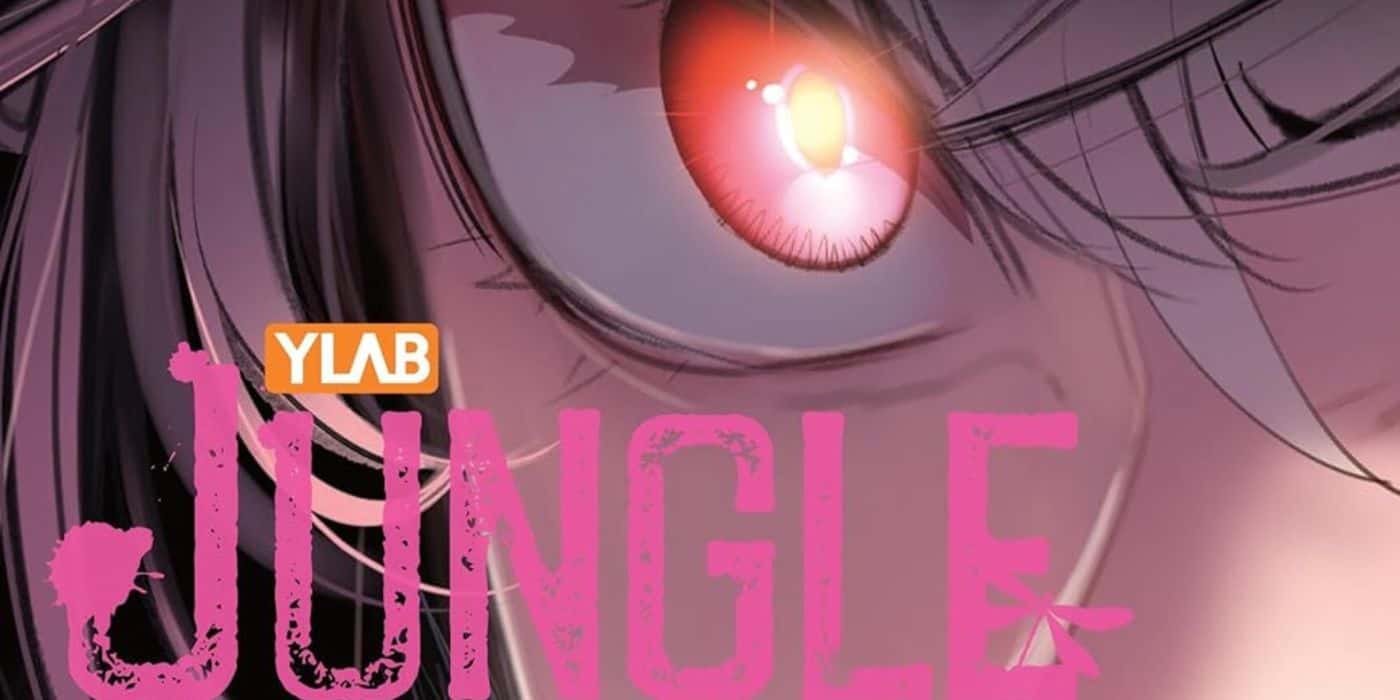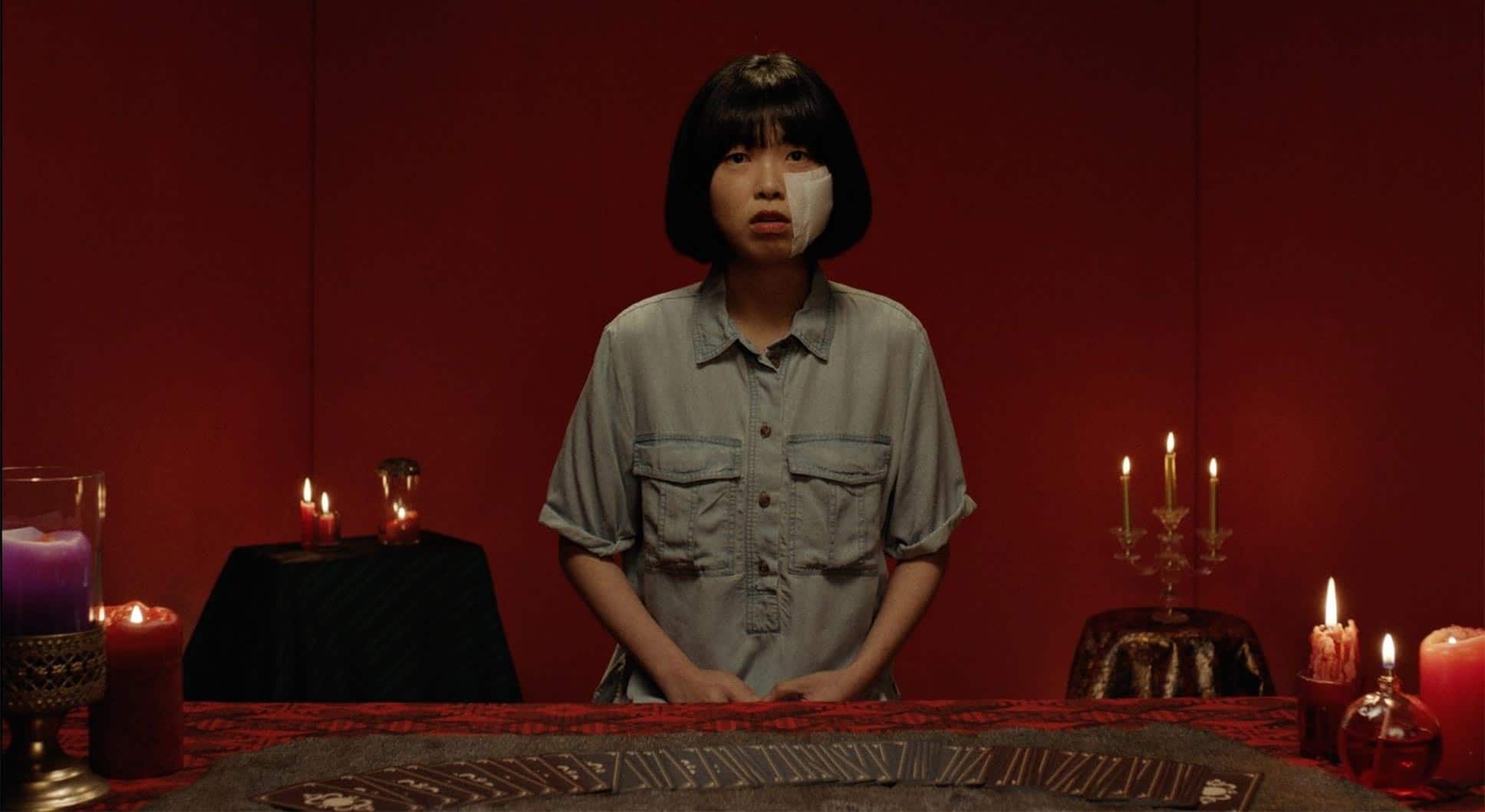Based on the homonymous manga by Takahashi Hiroshi (also author of the “Crows” manga, which Miike adapted in two movies), Q.P. is another TV series Takashi Miike helped kickstart, just as he did for “K-Tai Investigator 7“, although in this case, the script seems to stray quite away from the original.
Buy This Title
The episode begins with Hajime Misaki in focus, a young man who used to train in boxing, but has abandoned his dream and now works as a waiter in a cafe. One day, and as a yakuza customer was particularly annoying while talking on his mobile, another yakuza, Ryo Azuma makes his appearance in the same cafe, and punishes the first one in the most brutal way, in essence turning everything Hajime was thinking into reality. Without a second thought, Hajime drops everything and starts following Azuma, who is soon proved to be the leader of a fierce but quite small gang, named the Tenrokai, who immediately take Hajime in. Tomu and Jerry, the other two, extremely cool looking members of the gang barely give notice to the newcomer, but an elderly one, Hiko, begins showing Hajime the ropes. Soon, it is revealed that the Yokomizo gang, who control the area, are spying on the Tenrokai, while a third, unknown party also seems to do the same. Azuma, Tomu and Jerry soon pick up the man who spied on them. The rest of the episode deals with some flashbacks from Azuma's past
Evidently, NTV (Nippon Television) did not cut down on expenses with this one, as, apart from Miike, the cast comprises of Takumi Saito as Azuma and Kippei Shiina as the leader of the Yokomizo clan, the production values are of the highest level, and the episode even includes a song by Lenny Kravitz. Overall, the title points more to a movie than a TV episode, both technically and aesthetically.
Takashi Miike takes care of the second part, directing a part that moves somewhere between “Ley Lines” and “Crows Zero”, with the main character pointing toward the second and the yakuza ones towards the first. The combination of jazz music, fast cuts and the few moments of bloody action, that actually function as a promise for more, work excellently for the narrative, retaining the interest for the whole of the almost 25 minutes. In that regard, we can easily say that Miike fulfilled his purpose of making the viewer wishing to watch more of the series.

Blonde-haired Ryo Azuma seems to be the focus of the story, despite the fact that Misaki's missed chance and the weight he carries for abandoning his dreams also seem like an integral part of the story. The camera, however, seems to adore Saito, who looks cooler than ever, with the fact that he says very little also adding to that sense, while the sequence of him under pain and naked is as sensual as possible, despite the lack of full nudity.
The next episode took a turn towards the comedy, to a point at least, but this one is truly great, to the point that probably every fan of Miike would like to see him adapting the manga into a full movie. One can only hope…


